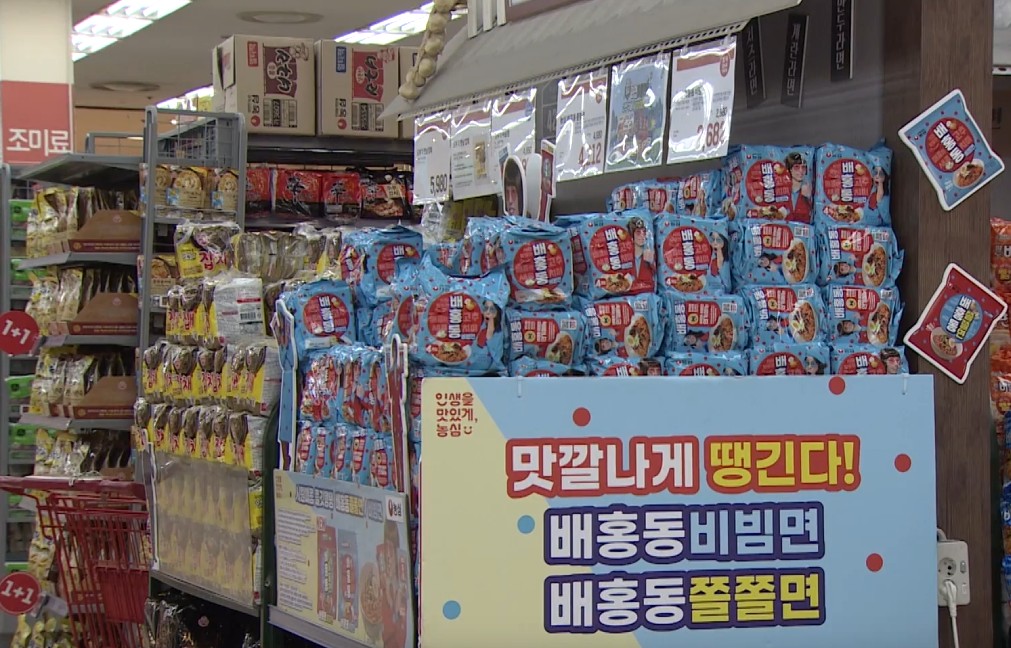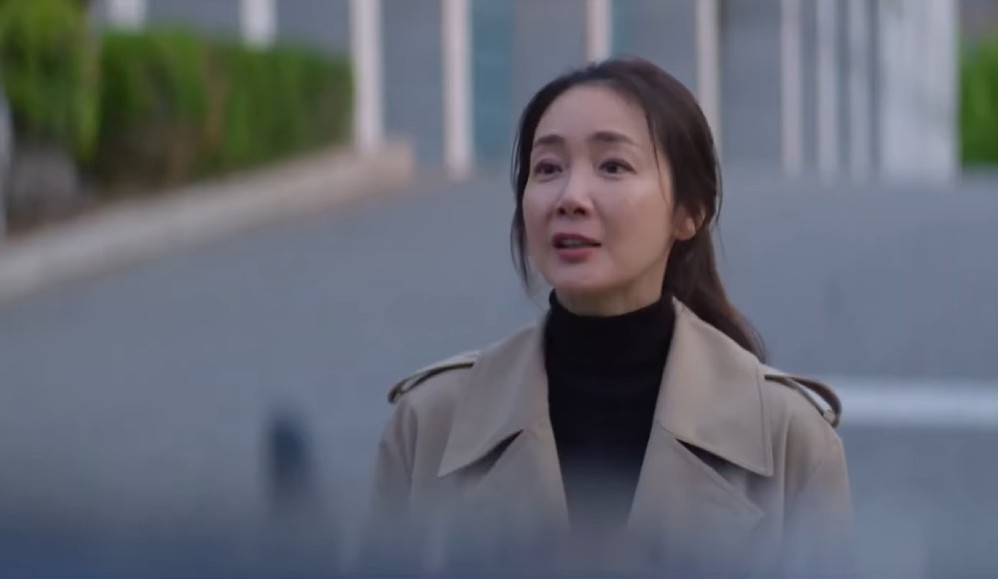Ramen Price Surge Sparks Action From Korean Government
Following President Lee Jae-myung’s pointed comments about the ramen price surge, South Korea’s economic authorities have swiftly moved to address escalating food prices. In an emergency task force meeting on the 9th, President Lee questioned, “Is it true that a pack of ramen costs 2,000 won?” urging immediate measures to ease the burden on citizens.
This prompted agencies like the Ministry of Economy and Finance and the Ministry of Agriculture, Food and Rural Affairs to convene vice-ministerial meetings to discuss stabilization strategies. Despite interventions since early 2025—such as consumer discount programs and industry consultations—price control efforts have shown limited impact.
Ramen Price Surge Leads Processed Food Increases
According to May data from Statistics Korea, the overall consumer price index rose 1.9% year-over-year. However, food prices climbed 3.0%, and processed food saw a 4.1% jump. Notably, ramen prices increased by 6.2% compared to the previous year. Over 26 types of ramen and cup noodles now retail for more than 2,000 won.
Among the 458 consumer goods tracked, 72% of processed food items have seen price hikes since November 2024. Dried squid soared 50.5% year-on-year, followed by barley rice (44.6%), radishes (26.7%), chocolate (22.1%), and kimchi (13.2%).

Despite Measures, Price Pressures Persist
The government initially rolled out a 70 billion won consumer discount campaign during the Lunar New Year. That effort later expanded to all agricultural products by May. Authorities have also been meeting with food producers to request pricing restraint.
Yet, over 60 food companies have raised prices, citing production costs, labor, and currency fluctuations. This price surge persists even as global grain markets remain stable, with the UN’s FAO Food Price Index staying flat around 124–127 points.
Chicken Imports Disrupted Amid AI Fears
An additional concern involves Brazilian chicken imports. Following an avian influenza outbreak, South Korea banned imports from Brazil on May 17. This is significant, as Brazil accounted for 86% of chicken imports in 2024.
While the country currently has a 2–3 month buffer supply, officials are preparing alternative measures. These include ramping up domestic production and selectively importing from Brazilian regions unaffected by AI. The Ministry of Agriculture emphasized that regional import risk assessments are underway.
Experts Urge Fact-Based Policy Over Subsidy Overuse
Professor Lee Jung-hee of Chung-Ang University cautioned against relying solely on discount subsidies. He advised the government to conduct a detailed investigation to determine if inflated prices stem from policy gaps or legitimate cost hikes. “Recycling the same consumer discounts may unintentionally support further price increases,” he warned.
The vice-ministerial meeting will now focus on stabilizing supply and demand, reviewing import tariffs, and improving the food distribution structure to prevent further inflation spikes. For more Korean news, check out the link below.














Leave a Reply